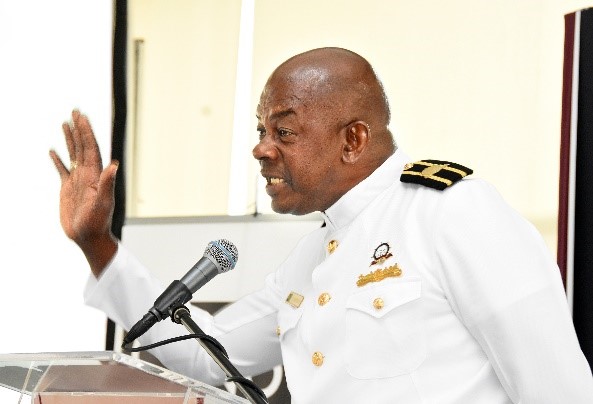
The question of “What is the difference between a crisis an emergency” has been asked from time to time and by many persons. Kennedy School of Government, Harvard University gives a reasonable interpretation of what distinguishes a crisis from an emergency. According to that well known and prestigious University, the distinguishing feature between a crisis and an emergency, “Is one’s ability to respond to the given situation”. The school further made the point that a crisis for some is a mere emergency for others. The outbreak of the deadly Coronavirus disease, COVID-19 in the city of Wuhan, China was seen as a major crisis for the Chinese government.
Early assessment of the situation concluded that millions of people would have possibly died and human suffering would far outweigh all the disasters that the people of China have faced before. With a well thought out strategy, backed by effective command and control systems with trained people, accurate information and robust support structures, China has changed the course of history and has made a crisis into a mere emergency, which now stands as an example for the world to emulate.
When we look at the approaches being taken by several other states to deal with a similar threat clearly, we can see that something is missing from those approaches. In analyzing the Chinese strategy, a few essential takeaways come to the fore:
- The Commanders intent –The intent of the commander was clear and decisive. It was to prevent the further contracting and spread of the virus COVID 19. The commander knew the capability of the threat and accepted responsibility for the fix.
- Robust Command and Control System –The command structures were thoroughly organized and operated efficiently and effectively. Coordination was second to none, and the Chinese were able to achieve several critical objectives in a short period through this seamless coordination. The building of hospitals to house the sick is one of the shining examples of their coordinated efforts. Their communication was effective and void of fake news, which has the potential to cause panic and stress and by extension, make matters worse.
- Support Structures – The various support structures were in place from the military right down to the people who washed and kept the streets clean. They knew their task and carried out those tasks with the highest level of commitment.
- The discipline of the citizens – In times of crisis, the discipline of the citizens can be one of the determining factors which influence whether the objectives of the state are achieved. The Chinese displayed the highest level of discipline throughout the ordeal. However, the National Security apparatus was in place to protect the interest and survival of the state.
In concluding this short piece on Crisis vs Emergency, it must be highlighted that critical to one’s ability to respond to the given situation, is a robust system of command and control which must have people, information and support structures.
Assan Thompson, Retired Assistant Commissioner of Police, JCF
Head of Department
Centre for Security, Counter terrorism and Non-Proliferation (CSCTN)
Caribbean Maritime University


